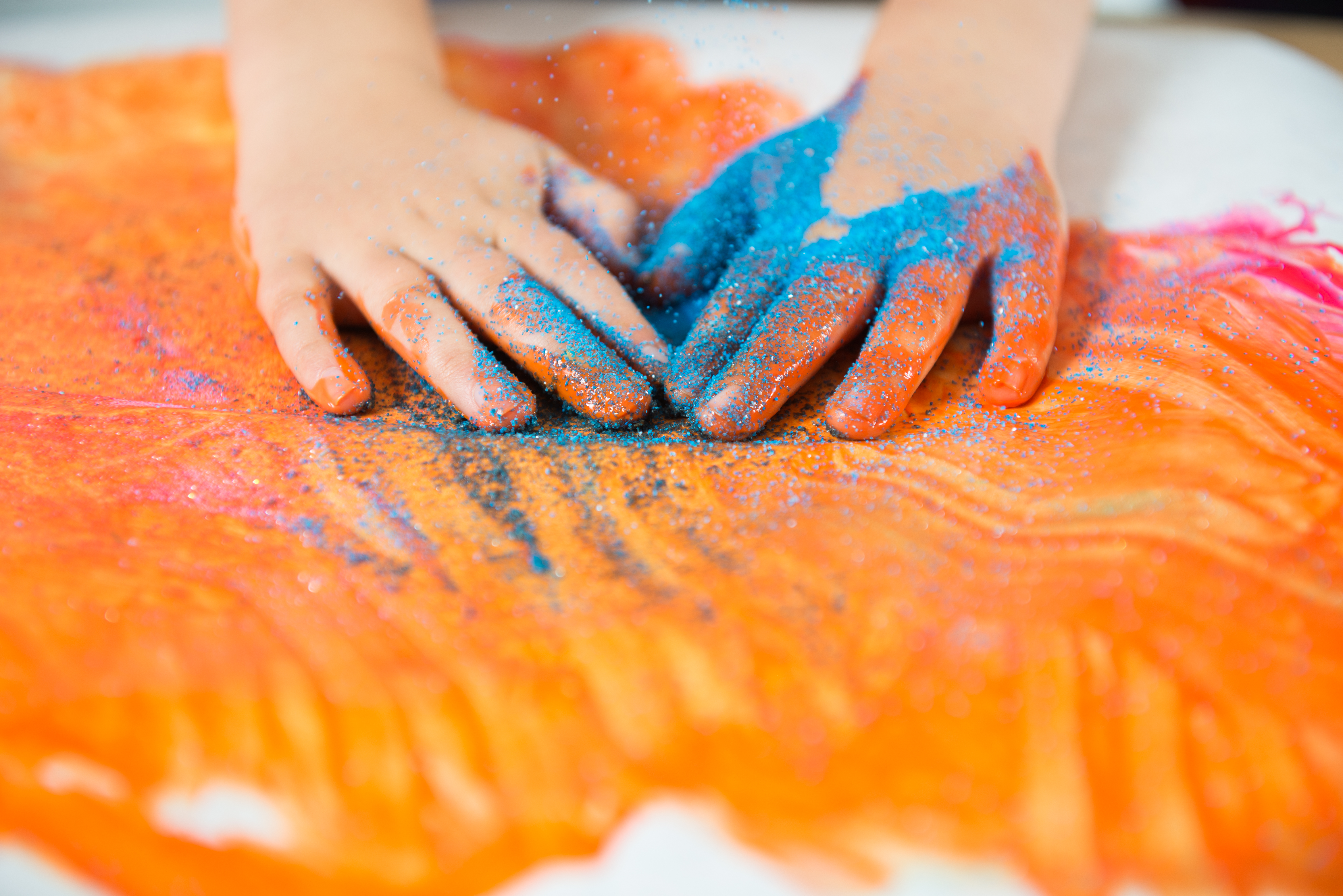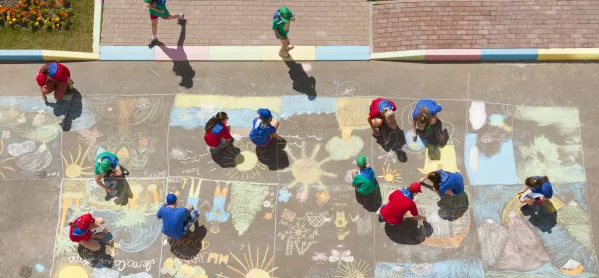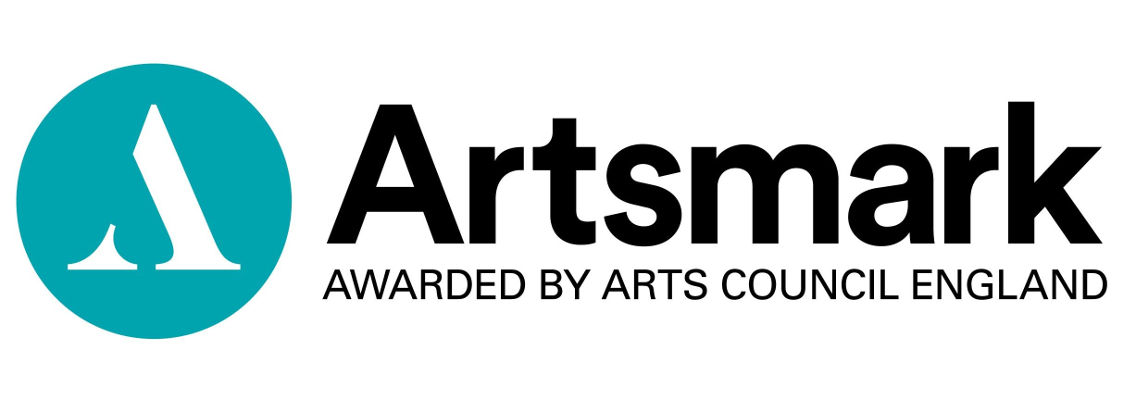How the arts can help schools recover from Covid
A year after school leaders were forced to close their gates to almost all students, the sector is still seeking a route through the disruption and uncertainty thrown up by the pandemic.
From summer schools and tutoring to a change of assessment, the government, sector leaders and school staff are navigating through a range of initiatives to help students recover academically. However, it’s not just classroom time that pupils have missed out on, but crucial forms of social interaction and development, too.
NHS Digital data shows that while the pandemic has affected people of all ages, it is the under-18s who have been suffering most from the disruption. School closures, not being able to see friends and the uncertainty caused by the pandemic have all been cited by the Royal College of Psychiatrists as having had a devastating effect on the mental health of children and young people.
How can schools tackle these effects without adding more unnecessary stress? In this podcast, two experts explore the power of the arts - and argue that creativity must play a prominent role in the recovery process.
Covid catch-up: The power of the arts in supporting pupil mental health and wellbeing
Dr Steven Berryman, director of arts and culture for the Odyssey Trust for Education, and a visiting research fellow at King’s College London and Guildhall School of Music and Drama, believes that it’s crucial the arts are not cut from the curriculum as they will play a key role in the months ahead.
“So much of this mental health crisis will come down to young people that have not been able to engage or interact with people that are important to them in a meaningful way,” he says.
“And whilst they can interact on devices, it won’t feel the same for many. So the arts provide that vehicle for that interaction, that collaboration and that feeling of ‘we’ve made this together’, which represents our communal [and] our collective thinking.
“And I think that’s what we need to provide to help them, to feel safe, secure, but also to be given those spaces to deal with these anxieties that they’ve developed.”

While engaging in the arts is not a panacea for the mental health crisis, its benefits are well recognised in the field of art therapy, which applies arts-based techniques (like sketching, dancing and role play) as evidence-based interventions for mental health issues, such as anxiety and depression.
Dr Zoe Moula is a postdoctoral research fellow with over 10 years’ experience working in schools as a teacher and therapeutic arts practitioner, and she talks about the importance of giving children and young people the opportunity to express their emotions in different ways, given that many may not have the verbal skills with which to do this.
“There are things that we just cannot express verbally. We might not have the words to do that or the ways to do that, or the people to share it with sometimes,” says Moula.
“So being able to express these emotions and feelings in non-verbal ways, whether it be movement or music, sound or drawing, having that outlet that we don’t need our words any more, we can just express our feelings in different ways, is especially important for children, considering that they have potentially limited vocabulary to express their feelings or sometimes the younger children may not have the communication skills to that. But even as adults, we see that we are definitely struggling with that.”
Use of the arts as a way to channel this emotional expression and desire to connect with others has been visible everywhere over the past year, and both Moula and Berryman say this is also reflected in the work of the young people they are supporting.
“It’s been remarkable, actually, seeing some of the lockdown artwork that students have created,” says Berryman. “And you can see how, for some, it has been a way of processing the current reality and dealing with things they’ve had to think about.
“They might have experienced loss. They might have experienced loss within their family, or they might have experienced loss in other families they know, and it’s how you process and digest that.”
The podcast goes on to discuss why the arts will be so important in the months ahead and, although much of the current education narrative is focused on catching students up academically, schools shouldn’t lose sight of the vital role the arts can play in helping young people to re-engage with learning and in supporting their mental health.
We explore how teachers can go about incorporating the arts into the curriculum, especially in the face of the Covid-safety restrictions, and why it’s crucial that this is all underpinned by the support of senior leaders.
You can listen to the podcast below.

